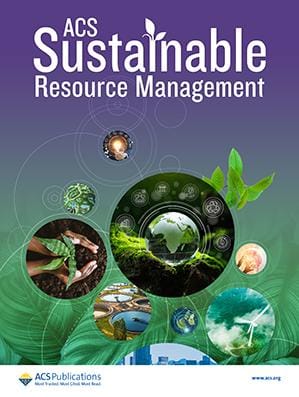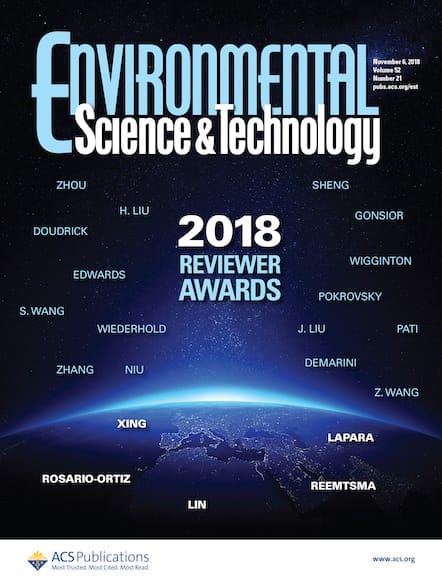This Special Issue will focus on advancements in science and technology to advance circular economies, transitioning our society toward the integration of renewable carbon and the recovery and reuse of critical materials, residuals, and waste. Submit your manuscript by April 28, 2025.

Societies have prospered using a linear “take-make-use-dispose” approach, which starts with the extraction of natural resources to make products, the use of those products by society, and ultimately the disposal of those products and their residues. This unsustainable approach has exploited natural resources at a rate that has caused excessive pollution, the loss of biodiversity, and a global climate crisis, and has led to industrial reliance on rare elements with geopolitical implications. While this linear approach has been effective at serving the needs of technologically advanced communities, it is often prohibitively expensive in many underserved communities facing the most severe harms from climate change.
This joint Special Issue across Environmental Science & Technology (ES&T), Environmental Science & Technology Letters (ES&T Letters), ACS Sustainable Chemistry & Engineering and ACS Sustainable Resource Management will focus on advancements in science and technology to advance circular economies as we transition to the integration of renewable carbon and the recovery and reuse of critical materials, residuals, and waste.
Topics include, but are not limited to:
- Articles that demonstrate the environmental implications of circularity (assumed vs. actual benefit of circularity)
- Next generation chemical processing/products and business models moving forward
- Demonstration of specific circular economy advancements and their potential to help deliver on sustainable development goals (SDGs)
- Resource recovery from materials or waste streams (with meaningful societal implications)
- Production and upcycling (or recycling) of plastics and polymers
- CO2 capture and utilization for biofuels, bioproducts, or food
- Recovery and/or reuse of Rare Earth elements and critical materials
- Spatial or regional analyses of resource circularity
- Locality-specific solutions that have methodological or technological advances to enable translation to other locations
- Novel product recovery
- Recovery in extreme environments and/or under extreme constraints
- Resource recovery from complex, problematic wastes (e.g., e-waste, batteries)
- Overcoming high-entropy wastes
- Digital or AI technologies for circular economy
Topics considered out of scope of this Special Issue include:
- CO2 capture (without utilization) or CO2 sequestration
- Locality-specific solutions without generalizable insight or key methodological advancements
- Entirely synthetic/model systems
- Bioethanol production (without major advancement)
- Nutrient recovery from wastewater (without major advancement)
- Incremental strain development (synthetic biology; without major advancement or significant demonstration of scale-up)
Submit your manuscript to either ES&T, ES&T Letters, ACS Sustainable Chemistry & Engineering, or ACS Sustainable Resource Management by April 28, 2025.
Organizing Editors
Prof. Jeremy Guest, Guest Editor
University of Illinois Urbana-Champaign, United States
Prof. William Tarpeh, Topic Editor, ES&T Letters
Stanford University, United States
Prof. Matthew Eckelman, Associate Editor, ES&T
Northeastern University, United States
Prof. Julie Zimmerman, Editor-in-Chief, ES&T
Yale University, United States
Prof. Peter Licence, Editor-in-Chief, ACS Sustainable Chemistry & Engineering
University of Nottingham, United Kingdom
Prof. Michael Tam, Deputy Editor, ACS Sustainable Resource Management
University of Waterloo, Canada
Prof. Wei-Qiang Chen, Guest Editor
Chinese Academy of Sciences, China
Submission Information
We welcome submissions for this Special Issue through April 28, 2025. For more information on submission requirements and individual journal scope, please visit the Author Guidelines page for ES&T, ES&T Letters, ACS Sustainable Chemistry & Engineering or ACS Sustainable Resource Management.
All manuscript types available for each journal are acceptable for consideration in this Special Issue. Papers accepted for publication for this Special Issue will be available ASAP (as soon as publishable) online as soon as they are accepted and then publish in the next available issue of the chosen journal. After all submissions have been published, they will then be compiled online on a dedicated landing page to form the Special Issue. Manuscripts submitted for consideration will undergo the full rigorous peer review process expected from ACS journals.
How to Submit
- Log in to the ACS Publishing Center.
- Select the “Journals” tab.
- Search for ES&T, ES&T Letters, ACS Sustainable Chemistry & Engineering, or ACS Sustainable Resource Management.
- Click "Submit."
- Select your manuscript type, and, under "Special Issue Selection," choose “Advancing the Circular Economy."
If you have any general questions regarding submission to this Special Issue, please contact the managing editor (managing.editor@estlett.acs.org)
Stay Connected With These Journals
Never miss an issue again! Sign up below for email updates on future calls for papers, the latest articles, and other content from the journals featured in this post.
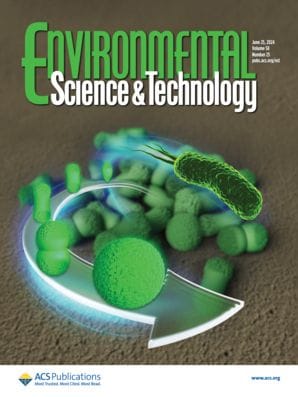
Environmental Science & Technology
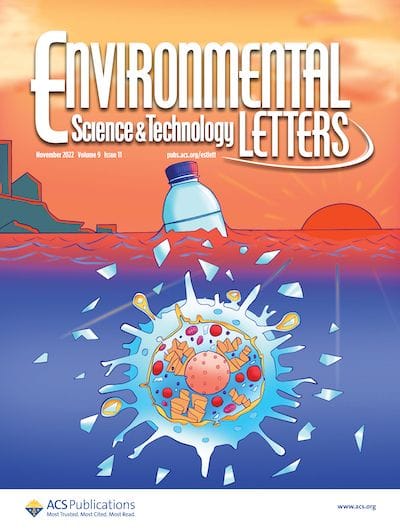
Environmental Science & Technology Letters
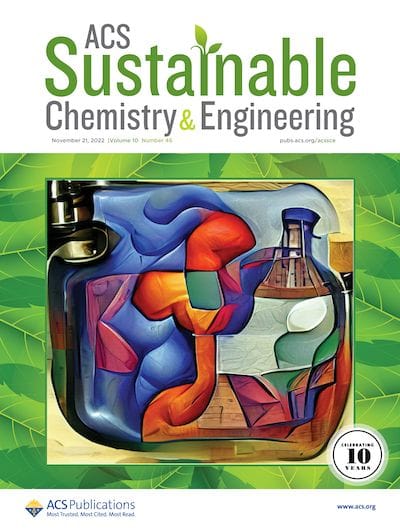
ACS Sustainable Chemistry & Engineering
